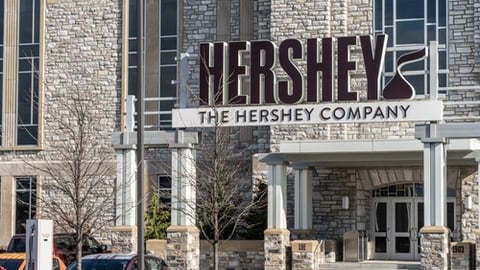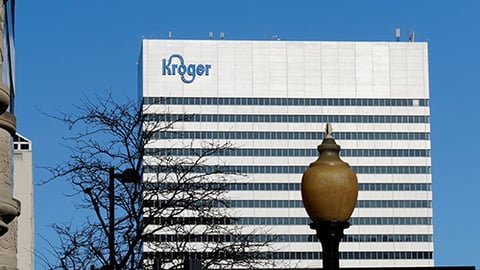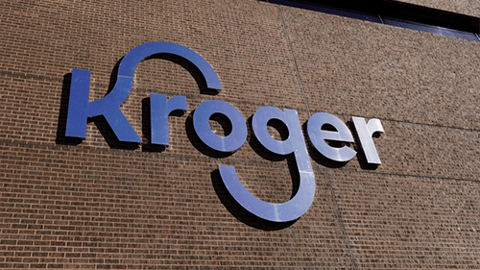Federal Judge Blocks Merger Deal Between Kroger and Albertsons
A preliminary injunction was granted today against the proposed $24.6 billion merger between The Kroger Co. and Albertsons Cos. The decision was passed down by U.S. District Judge Adrienne Nelson, who ruled in favor of the Federal Trade Commission (FTC) and its mission seeking “extraordinary relief” to stop the companies from proceeding with their planned tie-up.
On Sept. 17, Kroger and Albertsons concluded their hearing with the FTC regarding the government’s motion for the preliminary injunction. The three-week trial in Portland, Ore., featured 30-plus witnesses arguing how the U.S. grocery market should be defined today, the future impact of the merger on Kroger and Albertsons products and workforce, the 579-store divestiture plan to C&S Wholesale Grocers LLC, and the economic analysis to evaluate potential harm to consumers.
“There is ample evidence that the divestiture is not sufficient in scale to adequately compete with the merged firm and is structured in a way that will significantly disadvantage C&S as a competitor. C&S' history of unsuccessful grocery store ventures and its continuing dependence on defendants throughout the TSA period also suggest that the divestiture will not adequately restore competition,” Nelson wrote in her ruling. “The deficiencies in the divestiture scope and structure create a risk that some or all of the divested stores will lose sales or close, as has happened in past C&S acquisitions.”
Judge Nelson also asserted in her ruling that Kroger and Albertsons' argument that they would not be able to compete against the likes of Walmart, Amazon or Costco Wholesale without merging did not hold weight.
"The overarching goals of antitrust law are not met, however, by permitting an otherwise unlawful merger in order to permit firms to compete with an industry giant."
Following the ruling, a Kroger spokesperson said the company is currently reviewing its options.
“Through its proposed merger with Albertsons, Kroger would invest more than $1 billion in lower grocery prices, invest an additional $1 billion in higher grocery worker wages, and invest an additional $1.3 billion to improve Albertsons stores," the spokesperson said. "Kroger is disappointed in the opinions issued by the U.S. District Court for the District of Oregon and the Washington State Court, which overlook the substantial evidence presented at trial showing that a merger between Kroger and Albertsons would advance the company’s decades-long commitment to lowering prices, respecting collective bargaining agreements, and is in the best interests of customers, associates, and the broader competitive environment in a rapidly evolving grocery landscape.”
Albertsons also weighed in on the decision with the following statement: “We are disappointed by the U.S. District Court’s decision to grant the FTC’s request for a preliminary injunction. We believe we clearly outlined during the proceedings how the proposed merger would expand competition, lower prices, increase associate wages, protect union jobs, and enhance customers’ shopping experience. We are carefully reviewing the Court’s opinion and are evaluating our options in accordance with the merger agreement.”
Washington State Attorney General Bob Ferguson filed a separate initial lawsuit on Jan. 15 to block the merger, asserting that it would severely limit shopping options for consumers and raise grocery prices in the state. Washington state was also seeking to avoid the situation it found itself in a decade ago, when Albertsons acquired the Safeway chain, which resulted in Haggen’s bankruptcy.
In the Seattle courtroom, Kroger contended that its merger with Albertsons would help the combined company compete effectively and offer customers the lowest possible prices, while providing good-paying jobs to union workers. Kroger also said that the merger would result in substantial efficiencies, including cost synergies, which would allow the company to compete for customers and associates more effectively than either can alone. A decision in that trial was passed down shortly after the federal judge's ruling.
Additionally, a third merger review case in Colorado began on Sept. 30. In February, following a year-long investigation, the Colorado Attorney General Phil Weiser filed a lawsuit in Denver District Court to block the merger. According to the lawsuit, the deal would eliminate head-to-head competition between Kroger and Albertsons and consolidate an already concentrated market.
That four-week trial wrapped up on Oct. 25, and a decision is also still pending.
Cincinnati-based Kroger serves more than 11 million customers daily through a digital shopping experience and retail food stores under a variety of banner names. The grocer employs 420,000 associates and is No. 4 on The PG 100, Progressive Grocer’s 2024 list of the top food and consumables retailers in North America.
As of June 15, Albertsons Cos. operated 2,269 retail food and drug stores with 1,725 pharmacies, 403 associated fuel centers, 22 dedicated distribution centers and 19 manufacturing facilities. The Boise, Idaho-based company operates stores across 34 states and the District of Columbia under more than 20 well-known banners. Albertsons is No. 9 on The PG 100.






